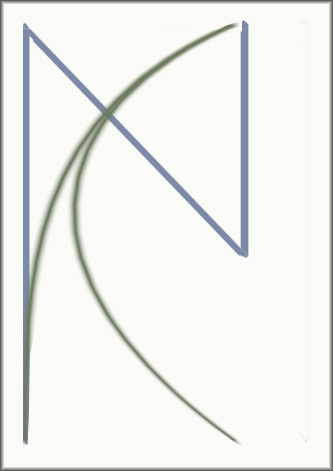| |
Dr. Karl-Heinz Lampe |  | |
From a Single Project to Knowledge Mapping - Manufacturing Knowledge
The creation of knowledge entails more than the delivery of digital information.
Using the example of a scientific project, DORSA (a virtual museum which offers access to the Orthoptera
in German museum collections), this presentation will show how, with the assistance of ontologies,
scientific "value added" may be generated.
With roots in philosophy, the concept of ontology is now used in the information sciences to
describe a formal specification of semantic concepts. Formal specification permits different
semantic concepts to be connected to one another, allowing the integration of complex systems
of information. Ontologies may in this way play the role of transdisciplinary scholarly
interpreters, between and among research disciplines in the natural and cultural sciences.
Collection and observation events, for example, possess a semantic relationship that becomes visible
through ontological formalisation. Individual procedures can be traced back to a model and, for this
reason, set in relation to one another. Tracing the example offered by one well-documented insect
specimen - and various relationships linked to this example - this presentation will show that
ontologies not only describe the result of a scientific activity, such as the new description
of a species. Ontologies also illustrate the way one comes to the result.


